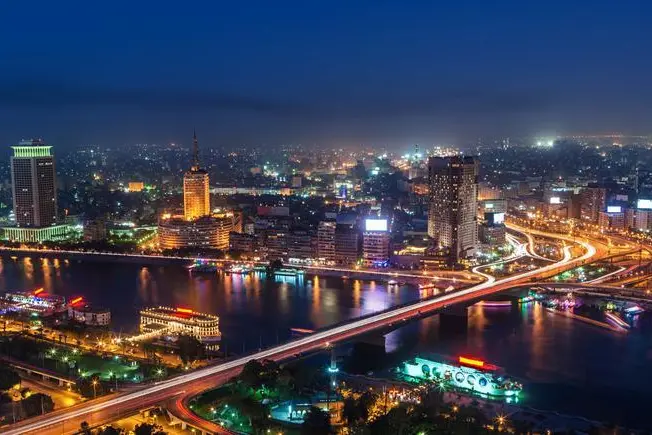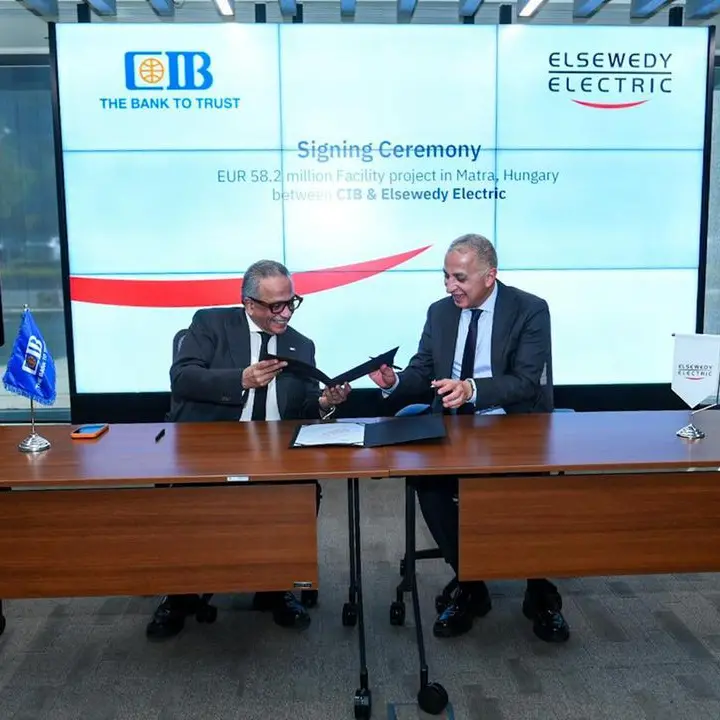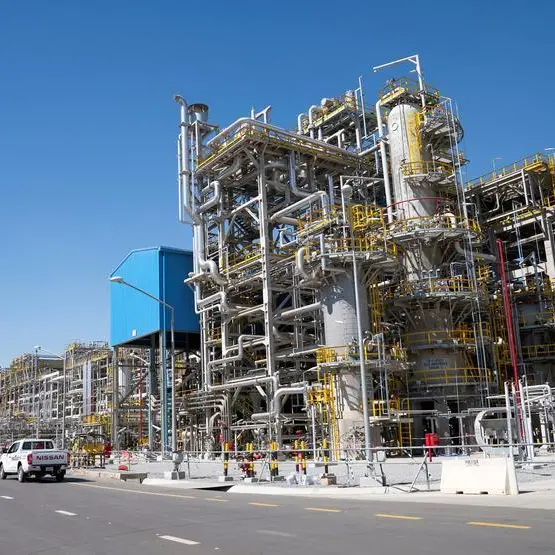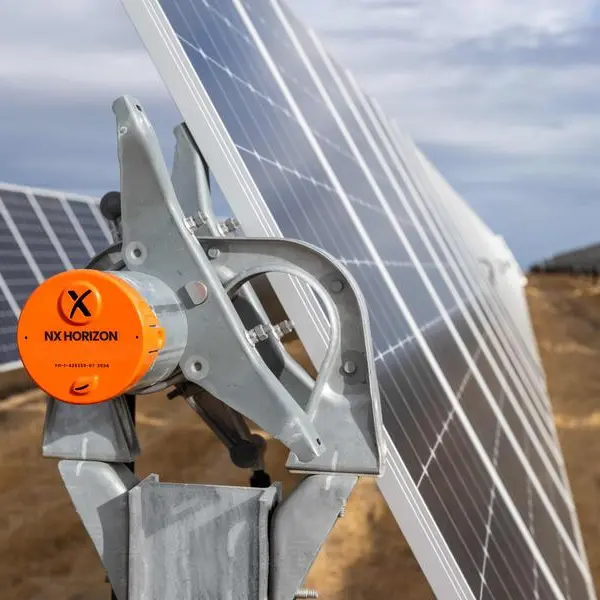PHOTO
Netherland-based lighting multinational company Signify is growing its presence in Egypt by targeting stadiums, cities, roads, and bridges, a top company official said.
Mohamed Saad, Signify’s President and Chief Executive Officer for the NEA region, told Zawya Projects that the company’s lighting products were installed in the SCZONE Stadium in Ismailia and Cairo International Stadium, among others.
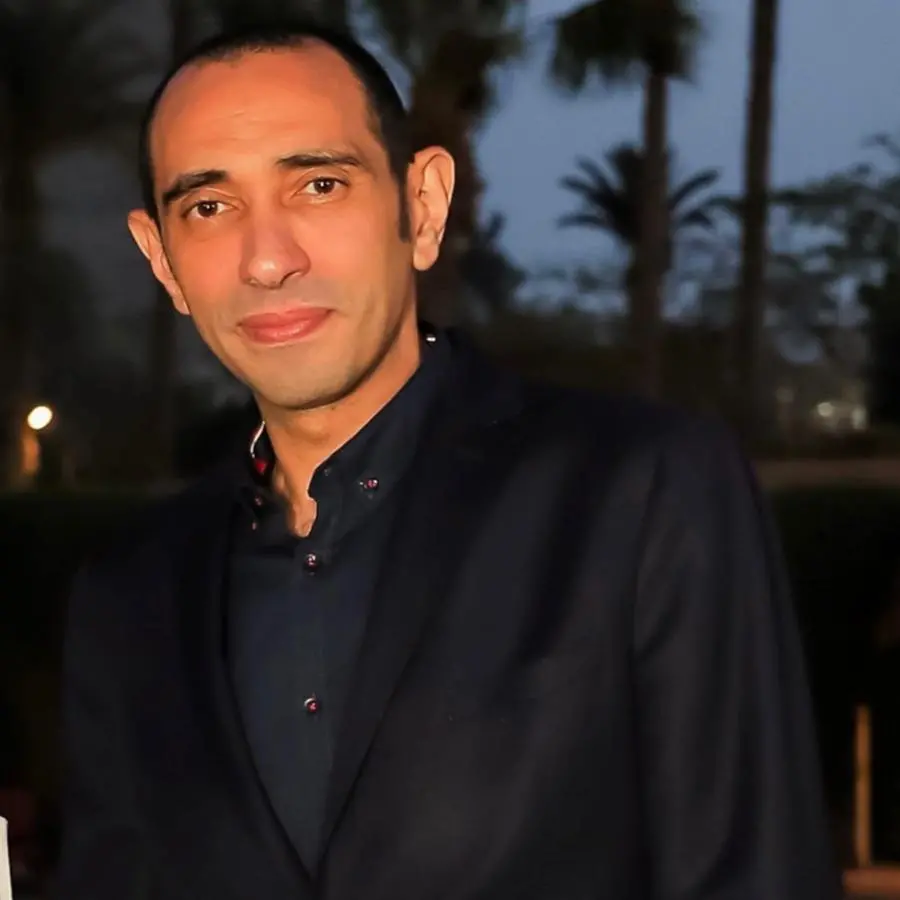

“We played a key part in the design of the first LED-based stadium lighting system in Egypt and Africa for the Cairo International Stadium,” he said.
Signify’s lighting products have been used in the New Administrative Capital (NAC) for street lighting and illuminating the presidential palace, the cathedral, and the central bank press. The company’s products also illuminate Egyptian landmarks such as Baron Palace, Grand Egyptian Museum, Cairo Opera House, Stanley bridge in Alex, and Qasr El Nile bridge.
“Our LED system lights the new tunnels under Suez Canal, in Port Said, El-Tameer Axis and Shinzo Abe Axis, and the Adly Mansour metro station,” said Saad.
Other markets where Signify’s products are starting to be used are horticulture, poultry, and disinfection systems.
“We have installed our horticulture lighting systems in the first environmentally-controlled farm in Egypt that produces leafy greens. Our poultry lighting solutions are now installed in Al Watania and Zanaty farms, while our newly launched UV-C lighting systems have been installed in supermarkets, gyms, and sports clubs,” the official said.
During COP 27, Signify helped transform the host city Sharm El-Sheikh into the first green city in Egypt by replacing all the street lighting with LED lighting. The replacement programme also included the Sharm El Sheikh ring road, Reviving Humanity Memorial (RHM) road and the main conference hall of the COP27 summit.
Track record
Highlighting Signify’s track record on the sustainability front, Saad said the company became 100 percent carbon neutral by 2020 by switching entirely to renewable energy and zero waste to landfill.
He said: “Signify has 84 percent of its revenue coming from a portfolio of sustainable products, systems, and services exceeding the 2020 target of 80 percent. Today, we sell more LED lighting than any other company globally and hold more than 19,500 LED patents.”
Commenting on the opportunities in Egypt, Saad said the country was one of the fastest-growing emerging markets before the COVID-19 outbreak and was also the only economy in the Middle East and North Africa to record positive economic growth in 2020, despite the pandemic.
He said the energy-efficient lighting industry will benefit from the government’s plan to allocate 30 percent of public sector investments in the 2022-2023 budget to green investments compared to 15 percent in the 2021-2022 budget, with plans to go all green by 2030.
“All our projects in Egypt use energy-efficient LED products that save an average of 50 percent of the electricity consumed by conventional lighting and also include recyclable components and products, which contribute to Egypt’s climate efforts,” explained Saad
The company plans to expand its locally-made product lines and local sourcing in the coming years.
“We have launched several Made-in-Egypt products since launching the localisation programme three years ago. We plan to increase the proportion of locally sourced components to 80 percent,” said Saad.
(Writing by Marwa Abo Almajd; Editing by Anoop Menon)
